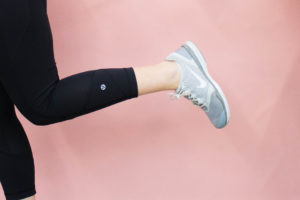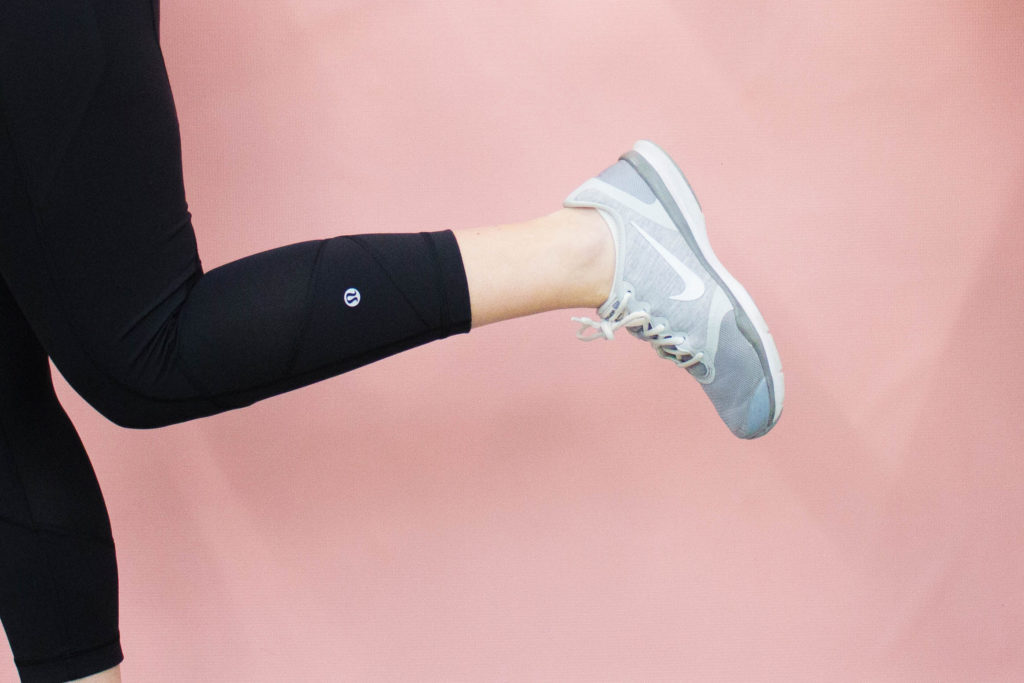Human competitive nature is a biological trait that has co-evolved with the basic need for survival(1). It motivates us to get out of bed and show up every day. But is all competitiveness good for us?
From my 8-years of sports specific and 20-years total dietetic experience working with athletes of all levels (recreational through to Olympic and Paralympic standard; young and old, male and female), it’s like walking on a tight rope. If you can stay balanced, you will make it to the other side, but remember: it doesn’t take much to push the balance off-kilter.
Society today: the ‘prove your worth’ attitude
We live in a society that demands us to prove our worth through our achievements, and for athletes this means sporting success. While healthy competition doesn’t hurt, it can also create anxiety and define one’s worth, which is destructive and can become dysfunctional. The pursuit for constant happiness, success and completeness often results in extreme behaviours, resulting in short- and long-term health problems. Let’s take the example of restrictive eating in athletes, the culture within their given sport often creates a belief that being lighter will improve their performance. What they don’t stop to consider is that maybe their body is already as low as it needs to be. The feeling of “not being good enough” drives them to a place where they overly restrict their calorie intake and significantly increase their training. While an athlete may find that they initially have positive results, this soon plateaus and usually declines rapidly. Commonly, athletes further crack the whip, believing that they are still not working hard enough. Over time their high training volume and low energy intake becomes so restrictive, it leads to biochemical and hormonal irregularities, resulting in depression, anxiety and many long-term physical consequences such as low bone density, gastro-intestinal symptoms and a depressed immune system (2-4).
Challenging your bad habits
While love and happiness are positive emotions to experience, many of us run a mile (quite literally) when it comes to experiencing difficult emotions such as loss, uncertainty, pain and trauma. Many of us who suffer with anxiety and know that it can be debilitating; the severe physical feelings, that you can sense deep within you and make you want to just unzip and escape from your body. The issue is that no matter what ‘coping mechanisms’ you put in place to ‘control, contain and numb’ these difficult emotions, such as restrictive eating, over exercising, alcohol, sex or drugs, they are always temporary. Those difficult emotions always come back –eventually one must choose to accept them, work their way through them. This may be terrifying but working with a qualified psychological practitioner is critical.
To change a behaviour, we have to challenge it which means stepping out of your comfort zone and accepting discomfort, understanding that while it may cause you temporary unease, in the long-term, it will serve you for the better.
My work as a dietician
My work with athletes is two-fold; helping then firstly understand where their need “for control” comes from and then re-educating them about how to fuel their body optimally to get the performance results they are chasing. Many athletes have a particular personality trait and combined with a competitive environment creates the perfect storm (5).
It is my role to help athletes appreciate that they will never find answers or outcomes in food or exercise. While these are important components to a healthy life and often a career focus for many, if they are not managed well, they can fast become the crux of the problem too.
In the Part 2 of this blog, I will explain an approach to recovery for an athlete experiencing The Perfect Storm.

**
Renee @mcgregor_renee is a Sports and Eating disorder specialist Dietitian who works with a number of NGBs, Coaches, professional athletes and sports science teams to provide nutritional strategies to enhance sport performance and manage eating disorders. She has an undergraduate in Biochemistry, a post graduate in Dietetics, a further postgraduate in Applied Sports Nutrition and is currently working towards a post graduate in mental health and neuroscience psychology. Email: rm@reneemcgregor.com
Renee works collaboratively with Nicky Keay, Consultant Sports Endocrinologist and they are excited to announce the opening of the EN:SPIRE clinic in Bath 10thApril. EN:SPIRE is the UK’s first Sport and Dance RED-s, Overtraining and Eating Disorder Specific recovery clinic.
References
Linden S. The Psychology of Competition (2015). Retrieved from https://www.psychologytoday.com/ca/blog/socially-relevant/201506/the-psychology-competition
Leng G. The Heart of The Brain: The Hypothalamus and Its Hormones (2018). MIT Press.
Keay, N et al.Relative Deficiency in Sport. An Infographic Guide. BJSM 2019
Joy, EB et al. Update On Eating Disorders In Athletes. A comprehensive narrative review with a focus on clinical assessment and management. BJSM, 2016
Orthorexia: When Health Eating Goes Bad, Renee McGregor 2017. Nourish books
This article was originally posted by the British Journal of Sports Medicine (BJSM) on April 5, 2019 – Athletes! Is food and training the answer? (Part 1)




